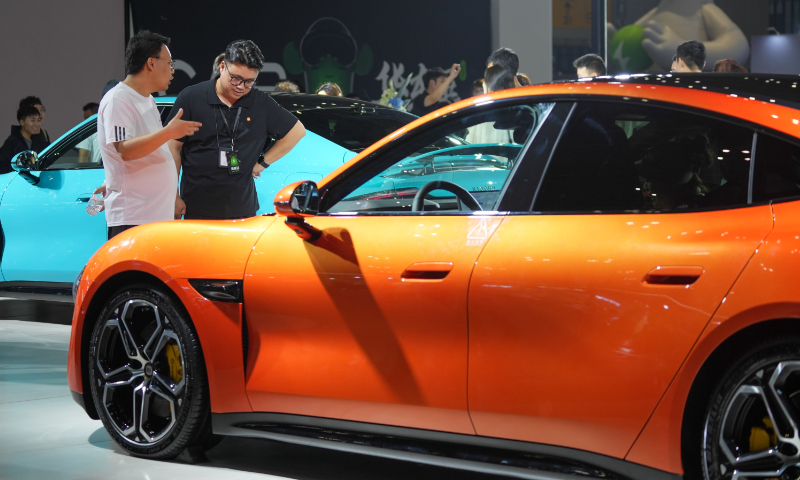China’s Commerce Minister, Wang Wentao, met with Roberto Vavassori, President of the Italian Association of the Automotive Industry, in Italy on Saturday to discuss the European Commission’s (EC) tariffs on Chinese electric vehicles (EVs) and foster cooperation between China and Italy in the EV sector, according to the Ministry of Commerce (MOFCOM) on Sunday.
This meeting comes ahead of Wang’s planned visit to Europe, where he is set to meet with EC Executive Vice President and Trade Commissioner Valdis Dombrovskis on September 19. The two will address the EC’s anti-subsidy investigation and potential tariffs targeting China’s growing EV industry.
Experts say Wang’s visit will prioritize dialogue to resolve the tariff dispute and have urged the EC to engage in the talks sincerely. Sun Yanhong, a senior research fellow at the Chinese Academy of Social Sciences, emphasized the importance of establishing effective communication channels between China and the EU to find common ground in the EV sector.
The EU’s recent actions, including a possible tariff of up to 35.3% on Chinese EVs in addition to the standard 10% car import duty, have raised tensions. The tariffs, if approved by a majority of the EU’s 27 member states, could take effect by the end of October. Reuters reported that Chinese EV makers had proposed minimum import prices to avoid the tariffs, but the EC rejected this offer.
Chinese officials have criticized the EC’s decision. On Friday, MOFCOM stated that the EC’s actions show a lack of sincerity in resolving the issue through dialogue. The ministry stressed China’s determination to protect its firms’ rights and interests, warning that if talks fail, the responsibility lies with the European side.
The upcoming talks between Wang and Dombrovskis will represent the highest-level dialogue between China and the EU on the matter, with hopes of de-escalating trade tensions and reaching a resolution acceptable to both sides.

